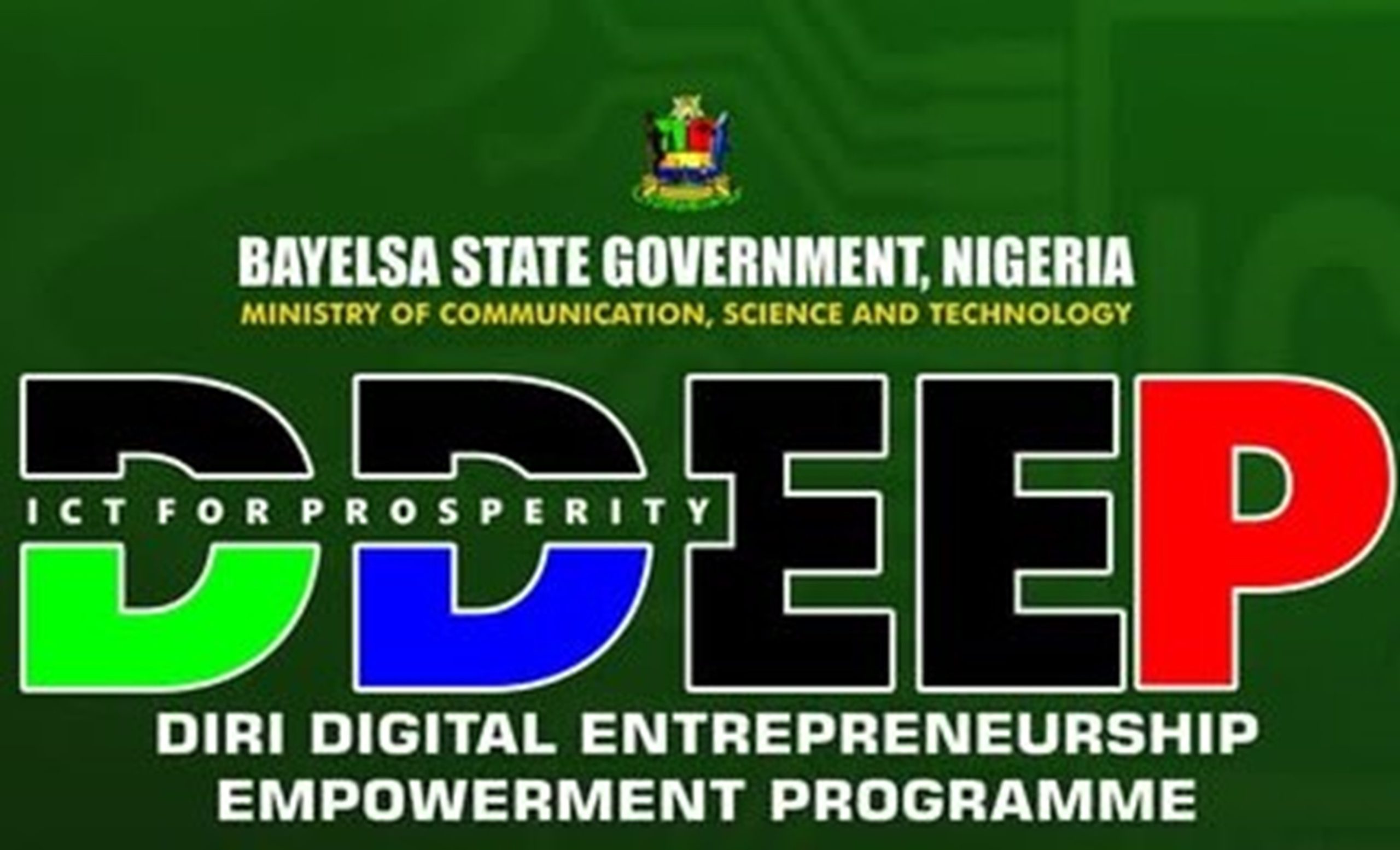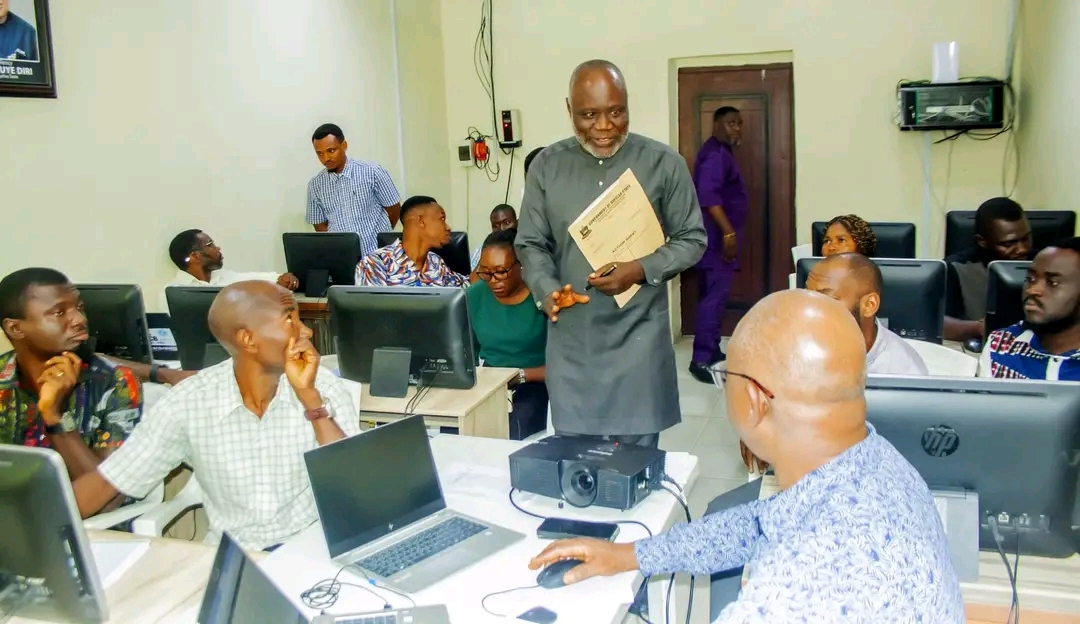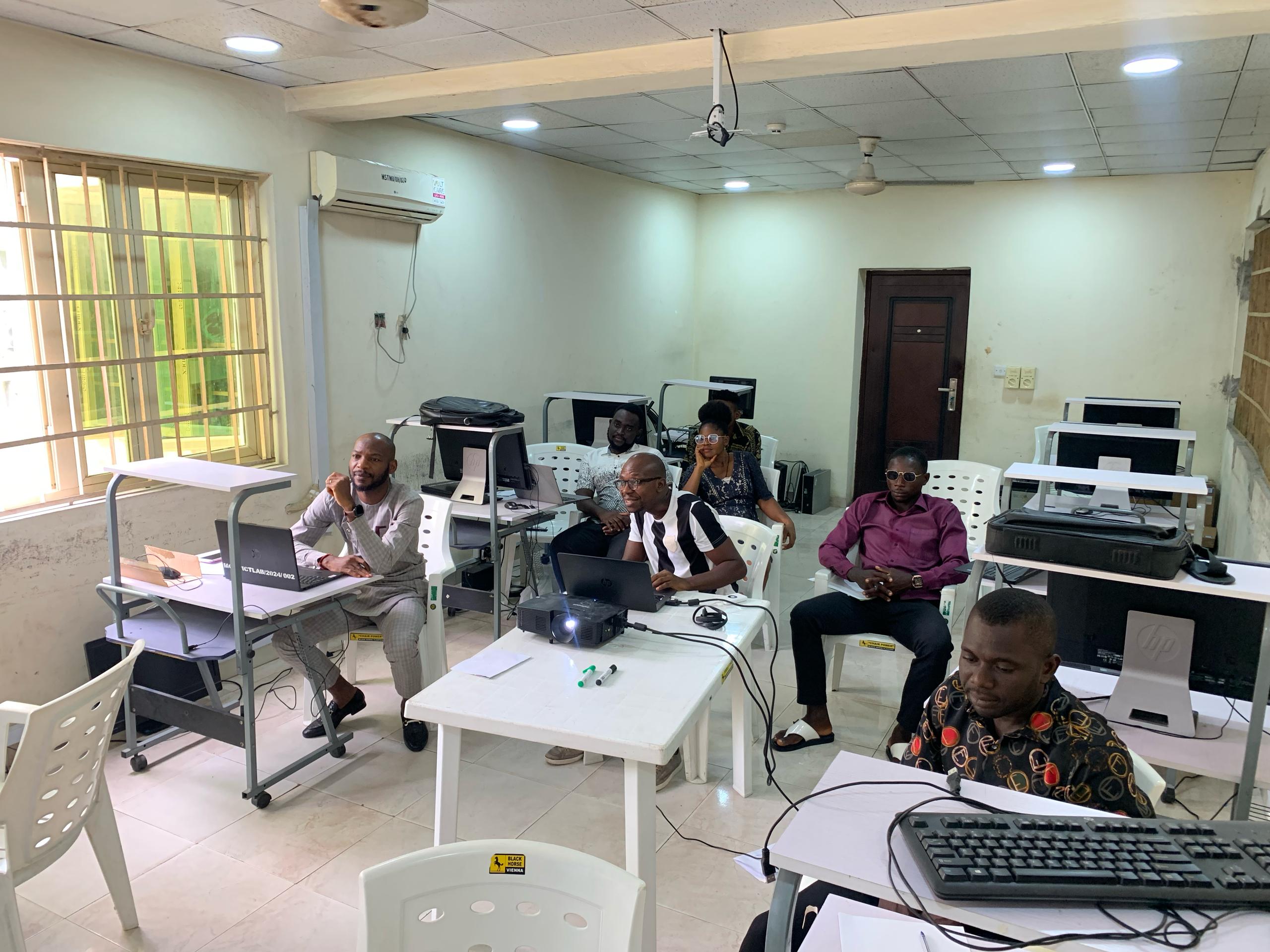The Ministry of Communication, Science, and Technology in Bayelsa State has launched a transformative initiative known as the School ICT Drive (SICTD). This program is designed to equip secondary school students with essential digital literacy skills, preparing them for a future driven by technology and innovation. As the world shifts towards a digital economy, this initiative addresses the critical need to bridge the digital divide by ensuring Bayelsa’s youth are equipped with the skills necessary to thrive in a rapidly changing technological landscape.
What is the School ICT Drive?
The SICTD program is an educational initiative aimed at fostering digital literacy and technological competence among secondary school students in Bayelsa State. It provides students with foundational digital skills such as internet navigation, computer proficiency, and digital safety. The program also introduces them to potential career opportunities within the digital economy, sparking their interest in tech-driven fields like software development, data analysis, and digital marketing.
Phases of the SICTD Program
The SICTD program is implemented in a phased approach, with each phase targeting specific objectives:
- Phase 1: Sensitization – Currently underway, this phase focuses on raising awareness among key stakeholders, including school administrators, teachers, and students. Field officers conduct sensitization events in selected schools in Yenagoa, engaging students and explaining the importance of digital skills.
- Phase 2: Establishment and Design – In this phase, a digital literacy curriculum is developed, tailored to meet the needs of secondary school students in Bayelsa.
- Phase 3: Execution – The curriculum will be rolled out in schools, accompanied by hands-on digital training workshops.
- Phase 4: Assessment – Student progress will be assessed, and the program’s impact will be evaluated, with plans to replicate the model in more schools across the state.
Officers Involved
The success of the SICTD program is being driven by a dedicated team of professionals, including:
- Mrs. Chinwe Uzakala – Programme Coordinator
- Miss Solomon Daebi Vanessa – Programme Coordinator
- Oguntade Busayo Adenike – Programme Development and Communications Specialist
- Abity Joy-Obal – Programme Development and Communications Specialist
- Emmanuel Oluwagbotemi Bolarinwa – Programme Development and Communications Specialist
- Chukwumaijem Noble Moses – Field Officer
- Bassey Mercy Ozioma – Field Officer
This team is working diligently to ensure the program’s successful rollout and expansion, with each member playing a critical role in the initiative’s overall success.
Progress So Far
The sensitization phase has seen remarkable progress, with events held at Community Secondary School Azikoro and Government Science and Technical College, Swali. During these events, field officers presented the program to students, sparking significant interest. A total of 57 students from Government Science and Technical College, Swali, and 60 students from Community Secondary School, Azikoro, expressed interest in joining the program, reflecting the growing awareness of the importance of digital literacy among Bayelsa’s youth.
Why is the SICTD Important?
Digital literacy is no longer a luxury; it is a necessity. With the global economy increasingly relying on technology, individuals lacking basic digital skills are at a significant disadvantage. The SICTD program addresses this gap by ensuring that Bayelsa’s youth have the knowledge and skills to participate in the digital economy, which opens up new educational and employment opportunities. The initiative aligns with Nigeria’s broader goal of achieving 90% digital literacy by 2030, as projected by the Minister of Communications, Innovation, and Digital Economy, Dr. Bosun Tijani.
Looking Ahead
The SICTD program is a pilot initiative with plans to expand across more schools in other local government areas such as Brass, Ekeremor, Kolokuma/Opokuma, and others. As the program advances, it is expected to significantly improve digital literacy rates across Bayelsa State, creating a generation of tech-savvy individuals ready to drive the state’s economic and technological development.


The Ministry of Communication, Science, and Technology, along with the dedicated program team, is optimistic about the future of the SICTD program. This initiative not only prepares students for the workforce but also fosters innovation and problem-solving skills that will benefit Bayelsa State for years to come.









